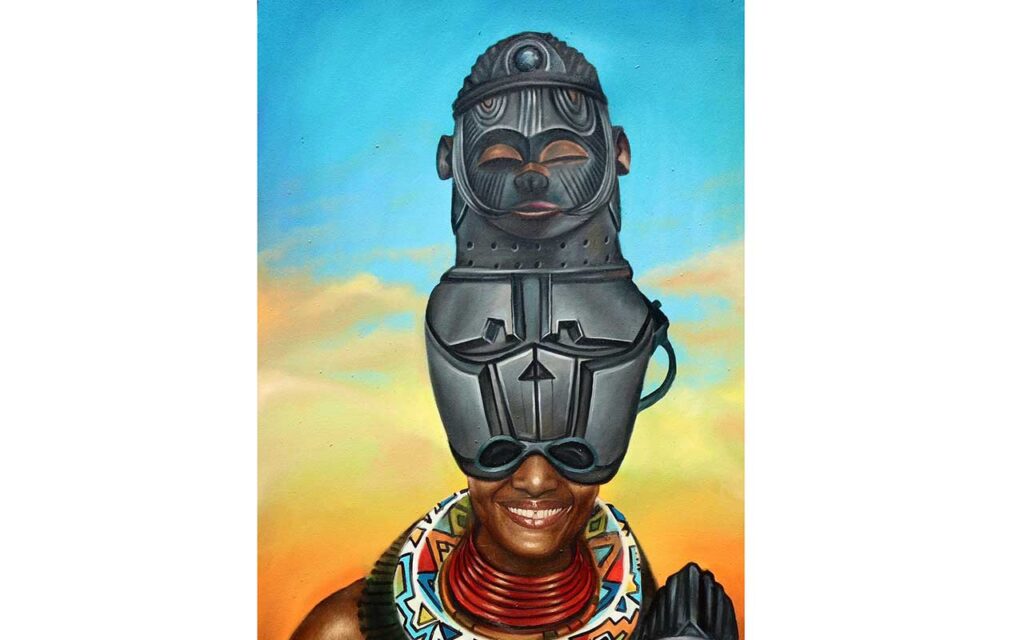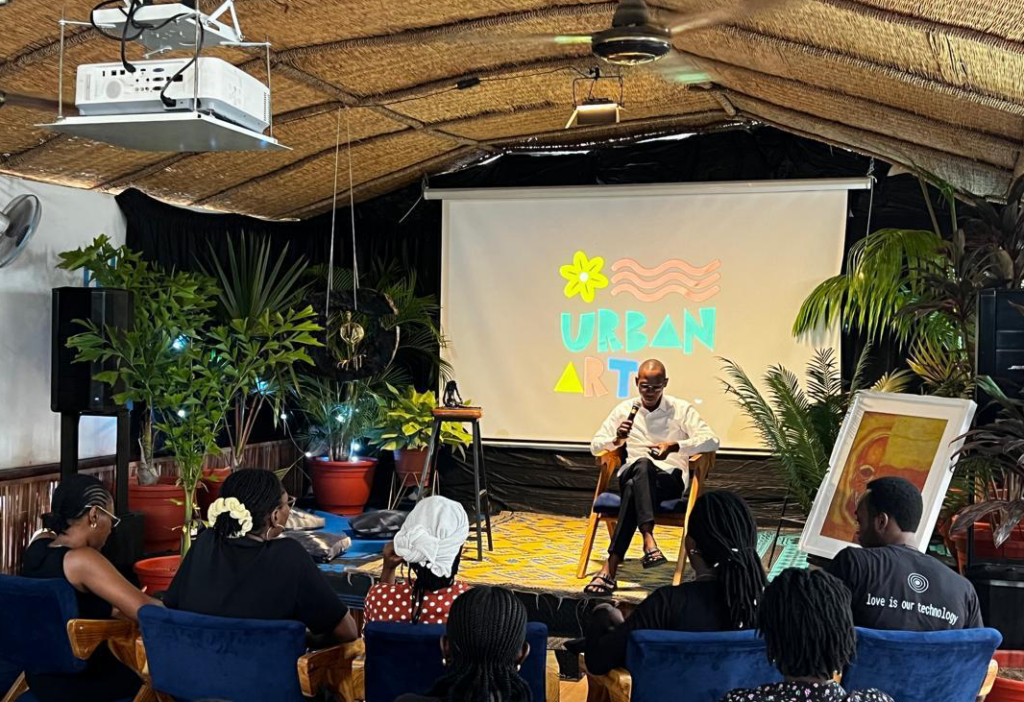 Channelled towards exploring the importance of home in the society and how the dynamic experiences forms a big part human lives, Damilola Olaniyi’s book titled ‘We Have Come Home’ has addressed the thematic preoccupation of the connections that human forge that seem like home to them alongside other issues.
Channelled towards exploring the importance of home in the society and how the dynamic experiences forms a big part human lives, Damilola Olaniyi’s book titled ‘We Have Come Home’ has addressed the thematic preoccupation of the connections that human forge that seem like home to them alongside other issues.
The book, which is a collection of 18 stories, explores the varying definitions of home and how these definitions shape our lives.
According to the Author, these connections cut across “our various lives and lived experiences.”
Olaniyi employs the use of a somewhat fast-paced storytelling style, vivid descriptors and rich imagery as she crafts these experiences in her collection.
In the titular opening story, Lynda reels from her parents’ refusal to allow her marry her Oyinbo (Whiteman) heartthrob. In her search for an experience to fill the void she ends up in the arms of a younger man back in Nigeria. However, their connection transcends beyond the sex. It’s the fact that she connects with him beyond the sex on the depressed mattress on the floor that makes this story a fitting start to the collection. It reinforces in the mind of the readers the dynamics of home.
Olaniyi portrays that Home is where we feel at home, however, home might be temporary as such connections can break overtime as a result of one party moving away. This sets the tone for a masterful attempt at literary exploration of our varying experiences of homes or the connections that feel like home to us.
For the characters in the book, Tolani, Tife and Funke, they find a home in the connections forged by their friendship. Listening in, from a distance in the eatery.
The first-person narrator’ style gives a window into the lives of three friends in ‘Sneak Peek’. Together, they navigate the throes of sexual abuse, domestic violence and a case of unwanted pregnancy.
For others like Blessing in ‘Aunt Stella Home’ is found in the privacy of one’s abode when Aunt Stella imposes herself on Blessing’s family, Blessing is forced to endure Aunt Stella’s shenanigans until she can’t take it any more. This rather comical piece begs the question: how much is too much?
Olaniyi further explores the disruptions that affect the definition of home in ‘Family Story’, and ‘Wrong Foot Forward’. However, ‘In Mama’s Fate’, the journey was both soulful and suspenseful as12-year-old Nina (fondly referred to as Mama) grew up witnessing her parents’ loveless marriage. She is to be married off early, thereby resigning her into a fate resembling that of her mother. The story takes us through Nina’s internal conflict as she previews the uncanny life ahead amidst a storm that portends different omens.
A situation similar to the one portrayed in ‘Mama’s Fate’ rears its head in ‘No More Laughter’. The unnamed first-person narrator is uprooted from the home she has known as a child to new life in London. Her uncle and his wife are unable to bear children and her parents agreed for her to go live with her uncle and his wife. This new life comes with a new identity and challenges that saps her of her innocence. This mirrors the experience we go through as humans while transitioning from societies in order to make a home for ourselves.
However, some migration does not always bode well as seen in ‘In Closed Option’, where Lekan runs away from home after the mysterious death of his mother and the unkind treatment from his father and his other wives. He sneaks into a truck carrying produce to Lagos and starts to fend for himself on the cold and unfriendly streets of Lagos. He soon finds himself locking horns with a bitter rival when an elderly woman chooses him as her love interest. This soon cost him his life just when a glimmer of light was about to shine on him.
The other stories in the collection revolve around adapting to the onset of dementia and the loss of loved ones, caring for a physically challenged child and a breakup.
‘We Have Come Home’ is an excellent commentary on how our definition of home has transformed and is still transforming. With this collection of stories, Damilola Olaniyi contributes her quota to the evaluative discussion on personal and interpersonal connections and what it portends for the society in general.







